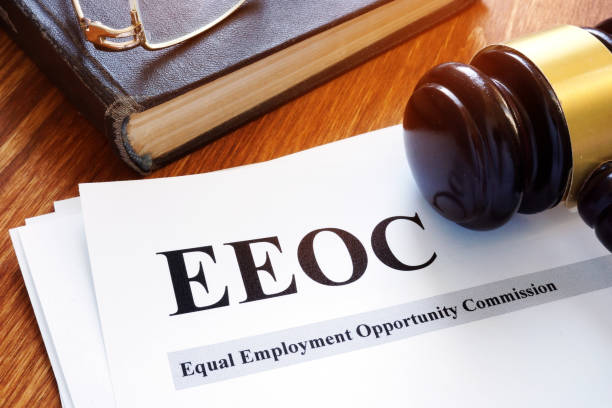Texas Court Ruling Limits EEOC Authority on Harassment Guidance
Last Updated on June 5, 2025
On May 15, 2025, a federal judge in Texas issued a ruling that vacates key portions of the U.S. Equal Employment Opportunity Commission’s (EEOC) 2024 “Enforcement Guidance on Harassment in the Workplace.” The ruling has nationwide implications and is a critical development for employers who rely on federal guidelines to shape workplace harassment policies.
Background: EEOC’s 2024 Harassment Guidance
The EEOC’s 2024 guidance aimed to clarify the agency’s interpretation of unlawful workplace harassment under Title VII of the Civil Rights Act of 1964. Among other provisions, it expanded the definition of sex-based harassment to include conduct related to sexual orientation and gender identity. Examples cited in the guidance included:
- Repeated and intentional misgendering
- Denial of access to restrooms consistent with an employee’s gender identity
- Enforcing dress codes that conflict with an employee’s gender identity
The EEOC positioned these behaviors as forms of harassment that could lead to employer liability under federal law.
The Court’s Ruling: Key Findings
In the case State of Texas v. EEOC, Judge Matthew Kacsmaryk of the U.S. District Court for the Northern District of Texas held that the EEOC exceeded its statutory authority by interpreting Title VII to prohibit harassment based on gender identity and sexual orientation.
The court specifically objected to the EEOC’s guidance as “legislating through enforcement,” arguing that such expansions of Title VII require Congressional action, rather than agency interpretation. As a result, the judge vacated the related portions of the harassment guidance.
EEOC Guidance vs. Supreme Court Precedent
This ruling introduces a level of uncertainty for employers. It stands in contrast to the U.S. Supreme Court’s 2020 decision in Bostock v. Clayton County, which held that terminating employees due to sexual orientation or gender identity constitutes sex discrimination under Title VII.
While the Texas court’s ruling does not undo Bostock, it limits the EEOC’s ability to define certain behaviors as harassment related to gender identity. In effect, it places boundaries on what the agency can interpret without additional legislative support.
Nationwide Impact for Employers
Although the case originated in Texas, the decision carries national weight. The EEOC has updated its website to reflect the vacated sections of its harassment guidance. For employers, this means:
- Reevaluating workplace policies: Employers should ensure their anti-harassment and discrimination policies are not solely based on the now-partially vacated EEOC guidance.
- Reviewing state and local laws: Many jurisdictions provide explicit protections for LGBTQ+ workers that go beyond federal standards. Employers must stay compliant with those laws, regardless of the EEOC’s guidance.
- Monitoring legal developments: Additional challenges, appeals or federal action may further shift this legal landscape. HR and legal teams should monitor ongoing developments closely.
Protecting Your Business in a Time of Regulatory Shift
This ruling is another example of the complex and evolving nature of workplace law, especially when it intersects with social issues and administrative authority. Employers must remain agile by balancing compliance, inclusivity and risk management.
MyHRConcierge continues to monitor legislative and regulatory developments that impact your workforce, offering tailored guidance to help you stay informed and compliant. For expert guidance on navigating the regulatory landscape as an employer, and ensuring that your company stays up-to-date on the latest rules and regulations, contact MyHRConcierge at 855-538-6947 ext.108, ccooley@myhrconcierge.com. Or, schedule a convenient consultation below:

